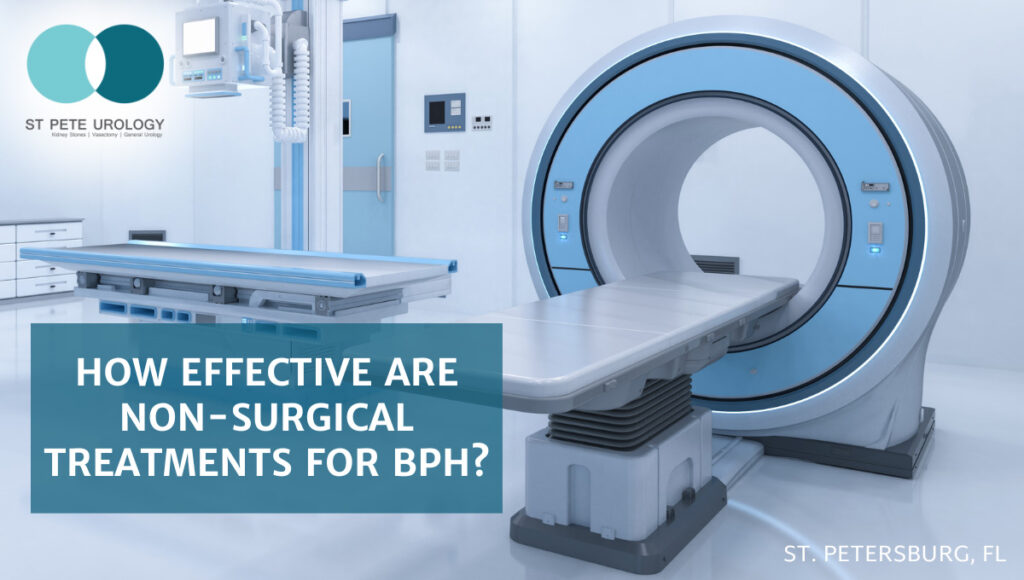

In rare cases, the procedure may be considered for making the penis longer or larger. It may also be used to make the stomach smaller in order to allow the penis to appear longer and wider. However, surgery to increase the size or width of the penis is medically discouraged. It is a deeply personal decision that requires careful consideration.
That’s because most men who usually think they have a small penis tend to actually have a normal-sized penis. Also, most of the penis enhancement claims are false and tend to involve techniques and products that may be harmful to the penis.
Alternatives to surgery
- Jelqing exercises
Jelqing is a natural penis enlargement exercise involving a hand-over-hand rolling motion to increase blood flow to the head of the penis and stretch the organ. Though a fairly safe practice that can enhance the penis, it is not backed by enough medical studies. And it may lead to pain, irritation, or scar tissue formation if done too often or aggressively.
- Pills, potions, and lotions
While there are numerous penile enlargement vitamins, pills, herbal preparations, hormones, and lotions, most of the claims about them aren’t supported by evidence. Some may even interfere or interact with other medications or be harmful to users.
- Penile extenders
Penile extenders are non-invasive devices that use traction to stretch the penis. Studies have reported that extenders help to increase the length of a flaccid penis by more than 1.5 centimeters after 3 months of use.
But more research is necessary to assess their safety and effectiveness. Plus, they are uncomfortable and cumbersome to use, and can overstretch the penis causing nerve damage, bruising, or blood clots.
- Vacuum pump
Though they are designed to treat erectile dysfunction, some people use them to occasionally “exercise” and stretch their penis. In the process, they can trigger tissue damage and cause erectile problems.
- Clamps and rings
Clamps and rings are used by some people to stretch and elongate their penis. The devices are placed around the base of an erect penis to reduce blood flow out of the penis. While wearing one of these devices may temporarily enlarge the penis, having it on for more than 30 minutes may cut off blood flow and damage penile tissues.
What are the pros and cons of penile enhancement surgery?
Typically, a urologist recommends penile enhancement surgery to correct an injury, treat a defect, or improve function of the organ. Only in very rare cases can the doctor recommend surgery to increase the length or width of the penis.
That’s because penis enhancement surgery comes with the risk of serious complications such as scarring, pain, infection, loss of penile sensation, and erectile dysfunction.
Pros of penis enhancement surgery
- Helps to correct a micropenis – defined as a very small penis. A micropenis is a condition you’re born with, but which needs correction because it causes functional problems.
- Helps to correct a buried penis – defined as a penis buried under the skin from your stomach, thighs or scrotum. A buried penis can be a congenital condition or a result of aging.
- Helps to restore a functional penis by correction of penile abnormalities caused by injuries or disease. Penile abnormalities may make it difficult to urinate while standing up or hinder penetrative sexual intercourse.
- Helps to achieve a satisfactory appearance of the penis, particularly in those with persistent, bothersome, and embarrassing concerns about their penis size or width.
- Helps to create a new sense of masculinity and sexual potency, which in turn improves personal relationships, overall mood, and productivity in daily work.
- Helps to increase confidence and self-esteem by achieving a penis length and girth that meets personal goals and expectations.
Cons of penis enhancement
- Is associated with surgery risks such possible infection, bleeding, or damage to nerve endings.
- There may be adverse reactions to anesthesia.
- It may produce a lop-sided penis appearance, where the penis seems to hang from the scrotum instead of from the abdomen.
- Fat used to widen or enlarge the penis can be reabsorbed, which eventually reduces the width of the enhanced penis.
Safe, effective penis enhancement
At St Pete Urology, we perform penis enhancement surgery on a regular basis to correct congenital and acquired micropenis. The goal of the surgery is usually to restore a functional penis size in order to achieve normal standing urination, satisfying sexual intercourse, and enhanced quality of life.
Occasionally, we perform penis enhancement procedure on men with normal length penises, but who perceive themselves to have small ones—something that is usually a psychological condition. But for such a procedure, a lot more consultations and a multidisciplinary approach are usually necessary to come up with a highly individualized surgery that meets patient goals and expectations.
For more information on penis enhancement and other procedures for treating urologic disorders, visit the site “St Pete Urology.”




